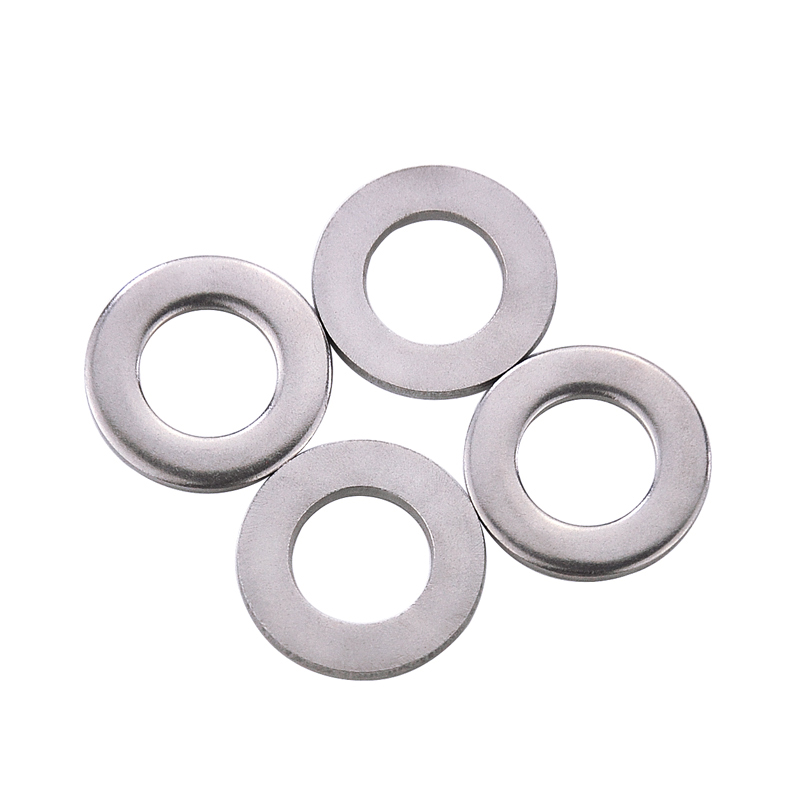- Time:2024/02/06 Posted:Dongguan prospect hardware accessories co.,ltd
Diving into the World of Rivets, Bolts, Screws, Nuts, and Washers

Fasteners serve a critical role in construction and manufacturing industries, enabling the secure joining of materials. This article aims to explore the wide-ranging world of standard fastener types, from rivets to washers, and help users understand their diverse applications and characteristics. With a focus on providing informative and concise information, we aim to equip readers with a comprehensive understanding of the subject.
1. Rivets: Strong and Permanent Connections
Rivets, a type of permanent fastener, excel at creating strong connections. Composed of a cylindrical shaft and a head, they are often made from materials like steel or aluminum. Commonly used in aircraft, automobiles, and structural fabrication, rivets are applied by inserting them through pre-drilled holes and then deforming or upsetting the end to form a second head. This process ensures a secure and permanent bond, even in high-stress environments.
2. Bolts: Versatile and Adjustable Fasteners
Bolts are widely recognized for their versatility and adjustability. Consisting of a threaded shaft with a head, they are designed to fit into a corresponding nut. This mechanism allows for easy loosening or tightening, making bolts ideal for applications that require frequent disassembly. Bolts are commonly used in furniture, machinery, and construction, providing reliable connections that can be adjusted as needed.
3. Screws: Efficient and Reliable Fastening Solutions
Screws, characterized by their helical threads, offer efficient and reliable fastening solutions. With a sharp pointed end, they can be self-tapping, penetrating materials without the need for pre-drilling. Screws come in various types such as wood screws, machine screws, and sheet metal screws, each tailored to specific applications. Whether it's securing wooden boards or attaching metal components, screws provide a convenient and durable alternative for joining materials.
4. Nuts: Partnering with Bolts for Secure Joints
Nuts, in conjunction with bolts, facilitate secure and robust joints. They are internally threaded and designed to mate with the external threads of bolts. This pairing creates a tight connection, preventing loosening or disassembly. Nuts are used in a wide range of industries, including manufacturing, automotive, and construction, acting as essential components to achieve reliable and durable structural integrity.
5. Washers: Enhancing Fastener Performance
Washers are flat, disk-shaped components often placed between the fastener and the material being fastened. Their primary purpose is to distribute the load and provide additional support, preventing damage to the material. Washers also help to compensate for uneven surfaces and reduce the chances of loosening. Various types of washers, such as flat washers, spring washers, and lock washers, ensure optimal fastener performance across different applications.
In conclusion, the world of standard fasteners encompasses a wide variety of types, each offering unique characteristics and applications. From the permanent and robust connections of rivets to the versatility of bolts, the efficiency of screws, the reliability of nuts, and the performance enhancement provided by washers, understanding the diversity of fasteners is crucial in selecting the most suitable option for any given project.
By providing a brief yet informative overview, this article aims to equip users with the knowledge necessary to make informed decisions when it comes to selecting the right fastener for their specific needs.
